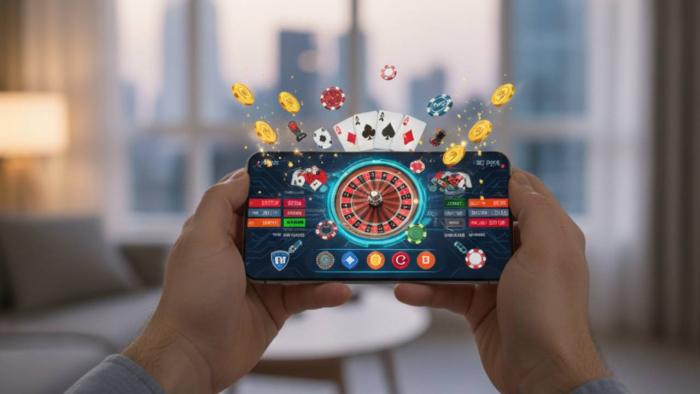Related Articles

The way we search for information online is changing at lightning speed. For decades, traditional search engines like Google, Bing, and Yahoo have dominated the digital landscape by indexing websites and ranking results based on relevance. But with the rise of AI-powered assistants and generative search tools, people are beginning to wonder: will AI eventually replace traditional search engines altogether?
Traditional search engines rely on crawling and indexing billions of web pages, then serving results based on algorithms that evaluate keywords, backlinks, site quality, and relevance. This method has served well for years, but it often requires users to sift through multiple links, ads, and snippets before finding the exact answer.
AI-powered platforms like ChatGPT, Perplexity AI, and Google’s Search Generative Experience (SGE) are changing the game. Instead of presenting a long list of links, these tools can summarize information, generate direct answers, and even provide personalized recommendations. This makes search faster, more conversational, and less overwhelming.
While AI search is powerful, it’s not flawless.
It’s unlikely that AI will fully replace traditional search engines—at least not anytime soon. Instead, what we’ll see is integration. Google and Bing are already merging generative AI into their platforms. The future of search will likely be a hybrid model, combining the reliability of indexed results with the convenience of AI-driven answers.
The next era of search won’t be about replacing one system with another but about blending the best of both worlds. Imagine asking a question and getting:
This approach will allow users to enjoy both efficiency and trustworthiness.
AI is undoubtedly revolutionizing how we discover information online. But traditional search engines won’t vanish overnight—they’ll evolve. The future of search is not AI versus search engines but rather AI-powered search engines that provide smarter, faster, and more reliable results.
Be the first to post comment!
